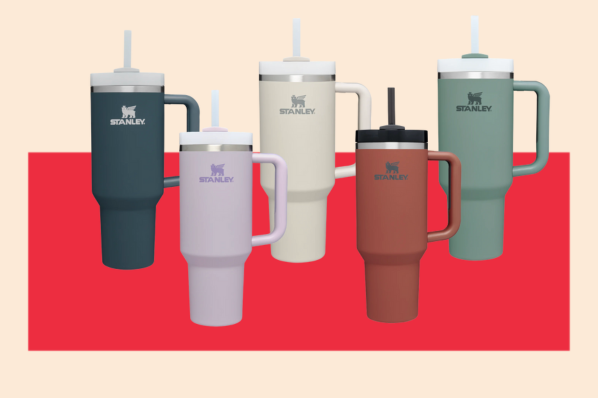When it comes to social justice, what role do brands play?
As conflict around the globe continues, marketers are put in a challenging position when it comes to making brand statements. It’s nearly impossible to make a perfectly neutral statement that will satisfy all points of view, which is what many brands try to do in an effort to avoid alienating potential customers.
Interestingly enough, consumer preferences on how involved brands should be in social justice movements are evolving in real time as world events unfold.
In 2023, half of American consumers expressed companies should "do more" when it comes to social issues. However, when it comes to actually taking a stance, only 36% of consumers believe companies should take that step. Additional research from similarly noted that 41% of Americans believe brands should take a public stance on social causes.
However, it’s important to note that the drop in interest in brand stances and advocacy doesn’t ring true for all demographics. According to the Gallup and Bentley study:
- More than half of buyers between the ages of 18 and 29 believe brands should take a public stance on current issues (compared to 47% of buyers between 30 and 44, and 35% of consumers over 45)
- believe brands should advocate for social issues compared to 38% of men
- Consumers who identify as Black or Asian () want to see brands take a public stance
- who identify as LGBTQ+ want brands to speak on social issues
This data suggests brand advocacy remains important to younger people and marginalized groups.
When it comes to social justice, what role do brands play?
Though a majority of consumers want to see brands refrain from making direct statements about social issues, companies are still seen as major agents of change.
According to Edelman’s , global consumers now trust business more than government. Beyond speaking out about social issues, consumers are looking to companies to make tangible changes that would improve the quality of life for employees and surrounding communities through better distribution of wealth and more transparent sustainability practices.
Brands Navigating Pushback
Earlier this year, Bud Light and Target received pushback over their Pride month campaigns and activations, leaving some companies to on Pride-related content. It’s likely that this trend will continue as the U.S. heads into a tense election year in 2024.
While brands making blanket statements and social media about social issues can be seen as , how brands should move forward with social and political statements should be done thoughtfully and carefully with the brand’s core values and target audience in mind.


![Bluesky is Now Open to the Public. Should your business be there? [Expert Interview]](https://www.hubspot.com/hubfs/bluesky-is-open-to-the-public.png)








